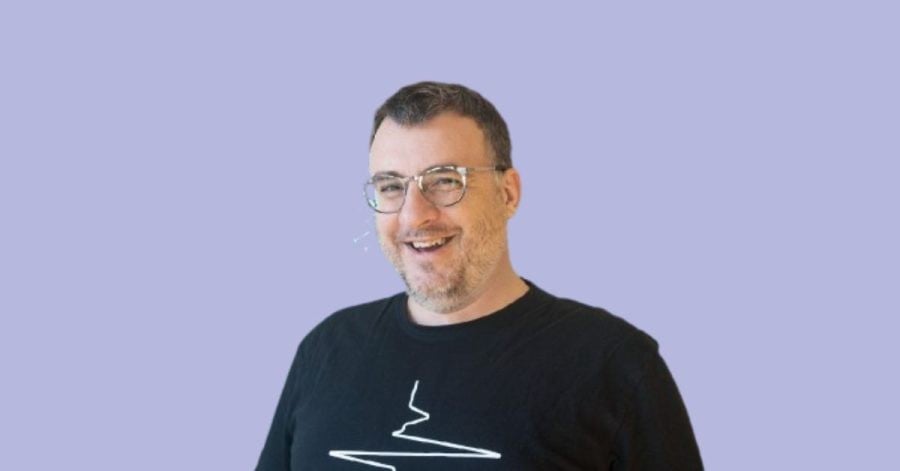You’ve been prepping your startup for the due diligence process for several months now, and you have all of the documentation ready for the investors to see and inspect. However, are you truly prepared for the process?
According to Macedonian founder Ariton Zanev no matter how much you think you are ready for due diligence – you are not.
As a co-founder and CEO of Task ’N Go – a North Macedonia-based platform for automation of existing task management platforms, Zanev shares his experience with The Recursive on what are the challenges, but also rewards from going through the whole ordeal.
Different ecosystem, different experiences
Due diligence is a critical process that occurs when an investor is considering making an investment in a startup, and most of the time it focuses on the financial and operational strategies startups provide.
Preparing for due diligence can be a challenging process for young startups, especially if they have limited resources or experience. But with proper planning and preparation, it is possible for startups to successfully navigate the due diligence process.
It is important to highlight that in this case, experiences can also vary from ecosystem to ecosystem.
“For example, what is considered in the US, Europe and the Balkans is very different. It is interesting that the value of a startup is evaluated differently. In the US you can present an idea and get funding for the development of an MVP. In Europe you should first develop an MVP and then we can discuss investment. And in the Balkans, you should develop a product, have several customers (read if you can make revenue for 6-9 months) make as much traction as possible and then we can invest in you,” Zanev tells The Recursive.
According to the Macedonian founder the development of these startup ecosystems also defines the process of due diligence. If you are in the Balkans, the requirements for this process are maximalist in terms of analysis of the company, the track, financial operations, the team, marketing, sales, business plan, and so on.
Task’N’Go itself went through lots of negotiations with investors during the past couple of years, and after a year and a half of bootstrapping and an initial investment of $150K, the startup now has two angel investors along with the local BAU accelerator.
Regarding the due diligence, the process itself starts once the term sheets with the investors are agreed.
“In our case, I must mention that in the past year, we had over 30 formal and 80 informal pitches. Among those who took a more detailed interest is BAU Accelerator, which became our investor, a fund and several business angels. We had negotiations with all the investors and with all different experiences for the due diligence process. What I want to emphasize here is that startups also have the right to ask questions in this process and ask for due diligence data from investors,” Zanev explains.
The challenges come when the investment kicks in
Once due diligence starts, the first part of it is focused on three key aspects – the team running the startup, the financials, and the product itself.
For Task’N’Go, working with an accelerator on due diligence was much easier than going through it with angel investors for example – in the sense that they had already been participating in the accelerator’s program and they were pretty much familiar with what the startup does. However, challenges come when the money comes in.
“In principle, all investors had an understanding of the first point and believed in the idea and the method of realization of the product (that’s why they decided to talk to us). But the first problem appeared at the very moment that the negotiations took up to 6 months from the signing of the Term Sheet to signing an investment agreement and realizing the funds,” Zanev tells The Recursive.
In this period startups are expected to realize the plan they have set as a roadmap even though they might not have the means to do that, and of course in addition to negotiations and the administrative handling of documentation for investors, they need to be fully focused on the product.
“This was the most difficult part for us as a startup – to be focused on the team and the plan that we have outlined and at the same time have the same energy in negotiations and preparing documents for investors. Here, the emotions that prevail among the team must be taken into account, because a variety of requests and questions will be asked, with which the team will not be happy and can demotivate,” Zanev recalls.
According to him, this is the part that the investor pays really close attention to in the whole process.
“They see how the team behaves, how they work together, how they adjust, adapt, fight, endure, and manage in different moments. There is no other way to judge a team,” he says.
The business plan though is a separate story, and this part is usually handled by someone doing a financial audit and here most startups will of course encounter issues, Zanev notes.
“What is problematic here is that you will be seen as if you are a corporation that has been operating commercially from the start – as if you had launched the product and you already have experience in selling it. From such an angle, you should never invest in a startup, but you can learn a lot from this process in terms of what awaits you in the next phase of our product, which is commercialization,” Zanev tells The Recursive.
Additionally, as the process develops it can also prepare startups with better foundations for future talks and negotiations with potential investors.
“We also must understand that not every investor is eligible for your startup because that investor enters as a long-term partner and part of the team. Can that investor help you and how (not just with funds) and what will he contribute as a partner? How will it affect the operation of the startup, the team, the decision-making? For us as a startup it was crucial to include consultants who are well acquainted with this process and who can help us think before making any moves,” Zanev points out.
Hoping for the best and preparing for the worst
The second part of the due diligence focuses on the viability of the market, the equity structure, and risk management as one of the key aspects for any startup going through the process.
And what a startup based in Southeast Europe should know is that it must prepare the most pessimistic business plan for local conditions, because part of the conditions in the investment negotiations will be tied to the KPIs in relation to that particular business plan.
“According to my experience with previous startups in which I have worked and got investments from Germany, this is not the case for much larger invested funds. However, we operate here and we are looking for investors here. The worst case scenario is very hard to do – so we got exact instructions that we should cancel everything from the budget and still continue to somehow exist and work according to the roadmap,” he says.
At the beginning, Task’N’Go made a “pessimistic” budget with expectations and costs, but when it started to cut salaries, resources, costs, and marketing, it became apparent that it was impossible to implement the same roadmap.
“However, in consultations and several meetings, such a scenario was made. The forecast was the easiest for us to do considering that for the past year we have been doing research, looking for leads, we made a waiting list of customers (that is, we talked and practiced selling to customers without having a product),” Zanev explains.
And while at some point the process might seem that it is over and investors are happy – it is never the case, as it is important to have in mind that a startup needs to work in parallel on most of these challenges and make sure that it has a proper response.
“It is important to note that we are working on this segment in parallel with development, seeking investments, applying for funds, and so on, and it has not been left out at any time.” Zanev concludes.








